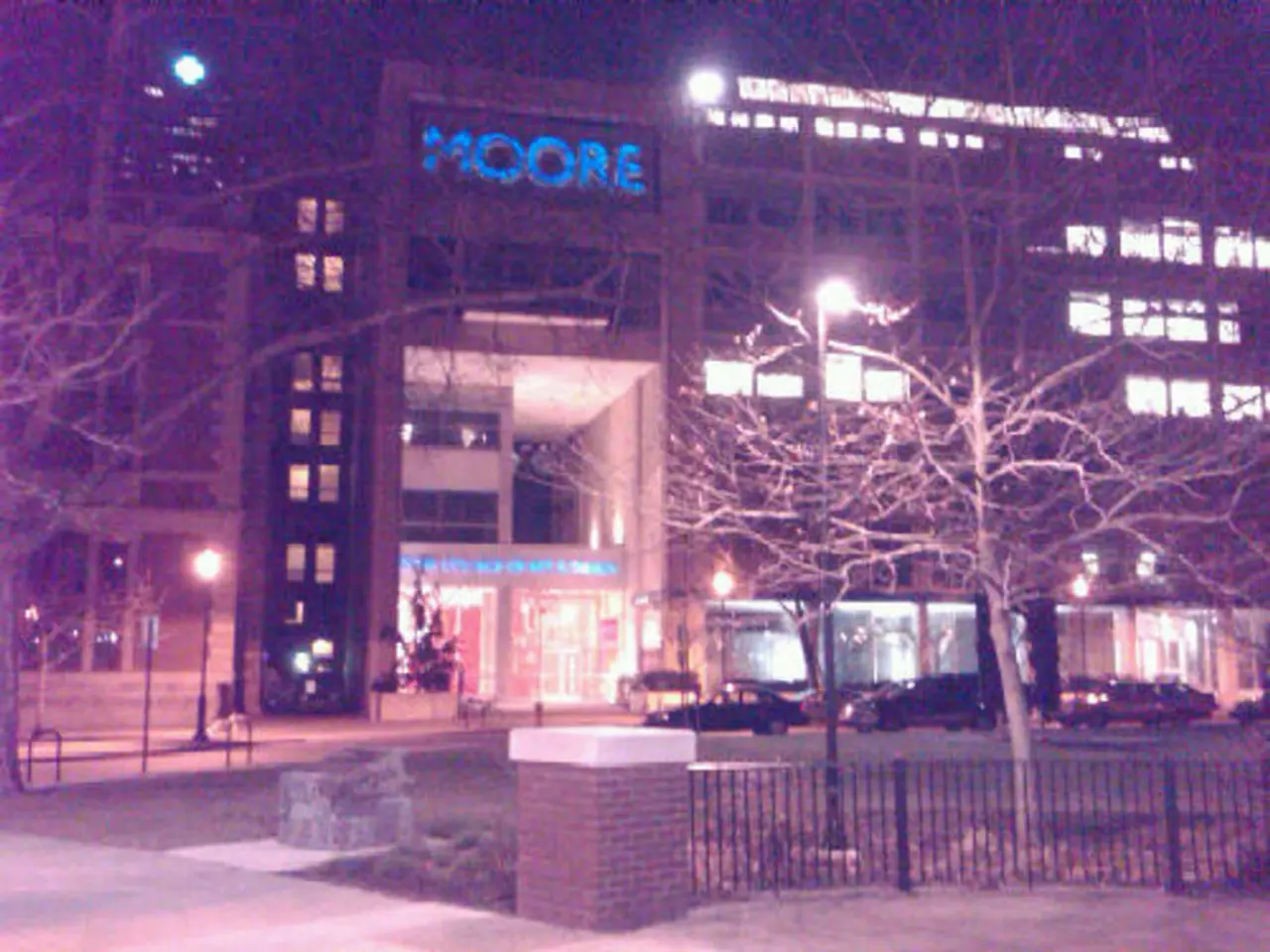The Importance of Engaging a Specialized Contractor for Healthcare Facility Development
Building a healthcare facility is a complex endeavour that requires specific expertise and knowledge beyond standard building practices. Specialized healthcare construction companies, unlike general contractors, are equipped to navigate the intricate landscape of local, state, and federal building codes, ensuring compliance with stringent health and safety regulations.
One of the key advantages of these specialized firms lies in their deep understanding of healthcare-specific design needs. They are adept at creating facilities that minimize cross-contamination risks, promote clean air circulation, and support efficient workflows, adhering to patient care protocols, and accommodating medical equipment and technology.
Healthcare construction involves strict adherence to numerous regulations and standards, such as HIPAA, OSHA, ADA, and health department codes. Specialized firms have the expertise to address these complex regulatory demands efficiently, ensuring facilities are safe and legally compliant. General contractors may need to hire multiple experts to manage these requirements, which can complicate project management.
Integrating advanced and specialized medical equipment is another area where specialized contractors excel. They are more experienced in aligning construction timelines and infrastructure (such as electrical, plumbing, and IT systems) with medical equipment installation and calibration, reducing delays and rework.
Infection prevention is a critical concern unique to healthcare construction. Specialized companies implement best practices for airflow control, surface materials, and construction sequencing to minimize contamination risks during and after construction. General contractors may not prioritize these measures to the same degree.
Healthcare construction must also consider noise control, natural lighting, patient privacy, and sustainability in ways that differ from commercial building construction. Specialized contractors understand these parameters as intrinsic design and construction factors, which helps in creating healing environments and complying with green building standards for healthcare facilities.
Accreditation from organizations such as The Joint Commission (TJC) is often required for hospitals and other healthcare facilities to operate. Ensuring a healthcare facility meets the latest infection control standards is crucial for patient safety. With licensed engineers and deep industry insight, specialized healthcare construction companies meticulously track every step of the construction process and catch potential issues before they escalate.
In summary, specialized healthcare construction firms bring tailored project management, technical expertise, and regulatory knowledge crucial to successfully delivering safe, functional, and compliant healthcare environments. General contractors may lack this deep sector-specific experience and require additional expert subcontractors to meet such demands, which can introduce complexity and risk. Choosing a specialized healthcare construction company is, therefore, a prudent decision for any healthcare facility project.
- Specialized healthcare construction companies, with their deep understanding of healthcare-specific design needs, create facilities that not only adhere to stringent health and safety regulations but also support science-based practices, such as integrating advanced medical equipment and implementing best practices for airflow control and surface materials to minimize contamination risks.
- General contractors, unlike specialized healthcare construction firms, may not prioritize infection prevention measures to the same degree, and their lack of deep sector-specific experience could introduce complexity and risk when it comes to delivering a safe, functional, and compliant healthcare environment.




